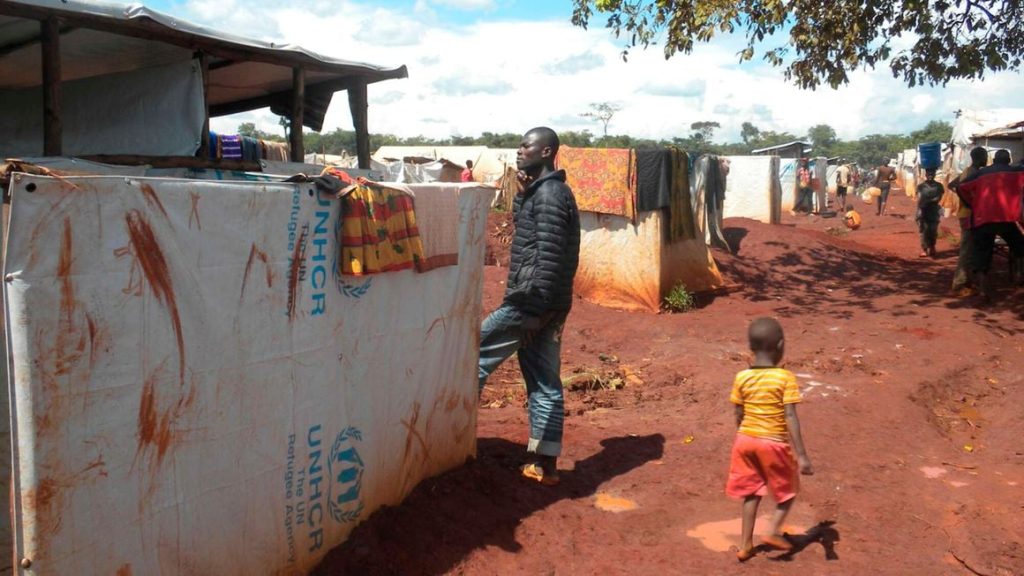Tanzania and Burundi have partnered with the European Union (EU), the United Nations Refugee Agency (UNHCR), and other organizations to launch a new €8 million ($8.8 million) initiative aimed at addressing the refugee crisis affecting both countries. The project, fully funded by the EU, was launched on October 1 at the Nyarugusu refugee camp in Tanzania’s Kigoma region and will run until September 2027. Its goal is to improve conditions for refugees, asylum seekers, and those voluntarily returning to Burundi.
The UNHCR is focusing on finding durable solutions for Burundian refugees spread across the Great Lakes region, providing them with tools to build resilience. Tanzania, in cooperation with UNHCR, has been facilitating the voluntary repatriation of Burundian refugees since 2017. As of August this year, more than 177,000 refugees have returned to Burundi. However, the number of Burundian refugees in Tanzanian camps remains the highest in the region, with estimates ranging between 100,000 and 150,000. Other countries hosting Burundian refugees include the Democratic Republic of the Congo (50,000), Rwanda (49,264), Uganda (41,198), and Kenya (nearly 10,000).
UNHCR also reports that approximately 37,500 Burundian refugees and asylum seekers are in Mozambique, Malawi, Zambia, and South Africa under various national programs.
Speaking at the project’s launch, Kigoma Regional Commissioner Thobias Andengenye highlighted the unique nature of the Burundian refugee situation in Tanzania, emphasizing the need for a tailored approach to resolving it. Andengenye acknowledged that while conditions in Burundi have improved, many refugees remain hesitant to return.
The program will focus on refugees in Tanzania’s Nyarugusu and Nduta camps, as well as Burundian returnees. Key aspects of the initiative include improving access to essential civil documentation, assisting returnees in reintegrating into the local education system, enhancing vocational skills, and ensuring that qualifications obtained in Tanzania are recognized in Burundi. The program will also work to strengthen legal protection services in Burundi, enabling returning refugees to benefit fully from them.
However, UNHCR’s representative in Burundi, Brigitte Mukanga-Eno, noted that while the EU’s cross-border initiative is a significant step, the financial resources required to address the full scope of refugee reintegration remain substantial. “We will still need more financial support to fulfill our goal,” Mukanga-Eno emphasized.
In addition to the Burundian refugee situation, the UNHCR has reported a rise in asylum seekers from the Democratic Republic of the Congo (DRC) in recent months. Most of these individuals are fleeing conflict in the Masisi and Rutshuru territories in North Kivu province, areas currently under the control of armed groups. Civilians, fearing violence, forced recruitment, and sexual violence, are fleeing through Goma to Tanzania via Bukavu and Uvira.




















